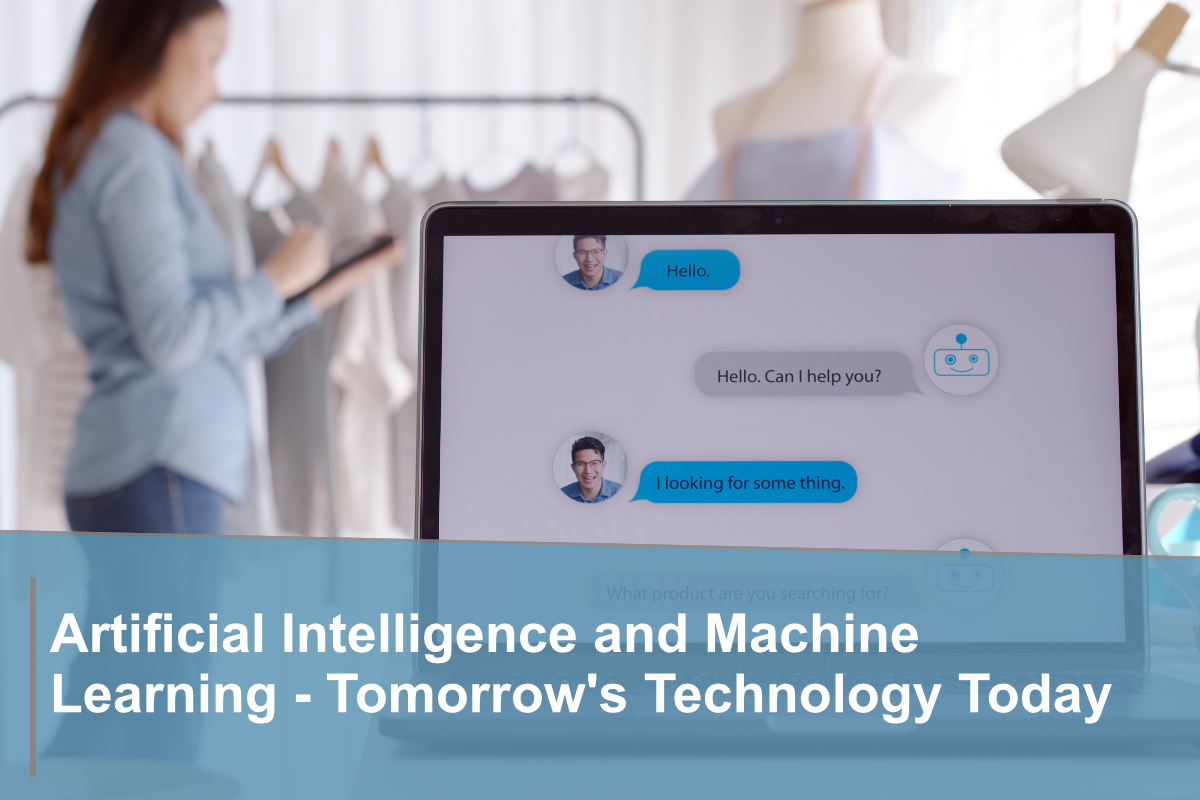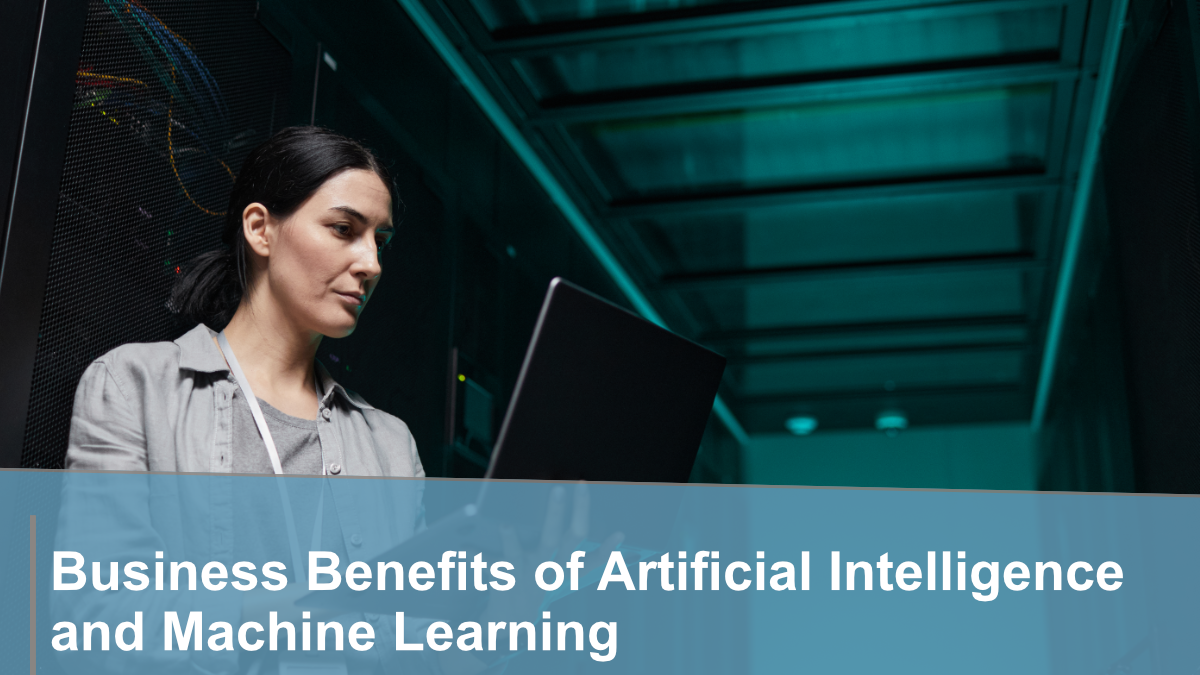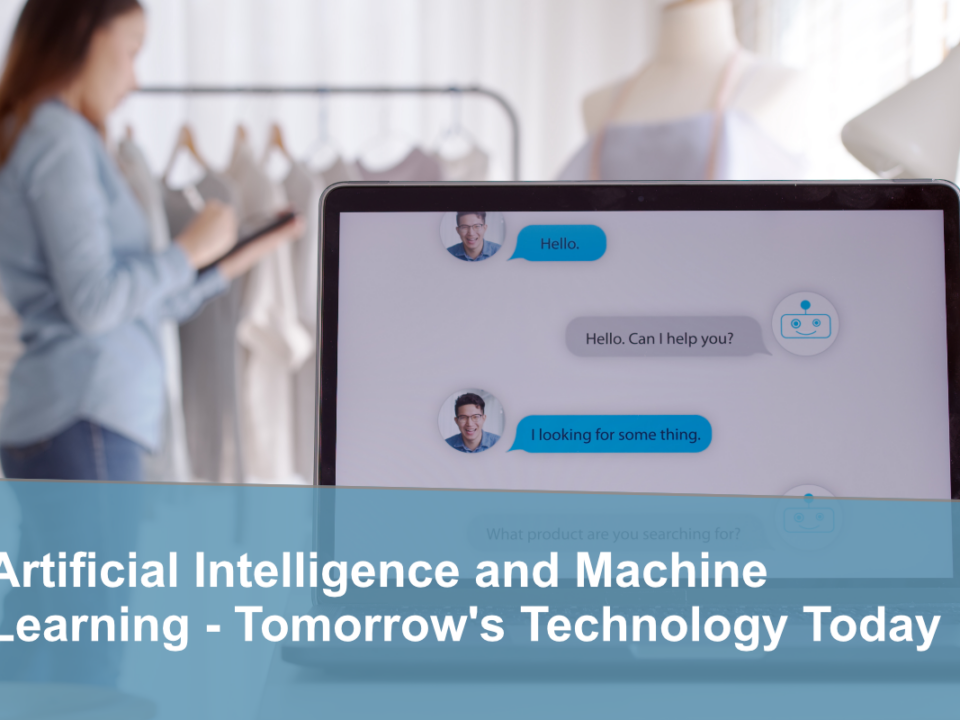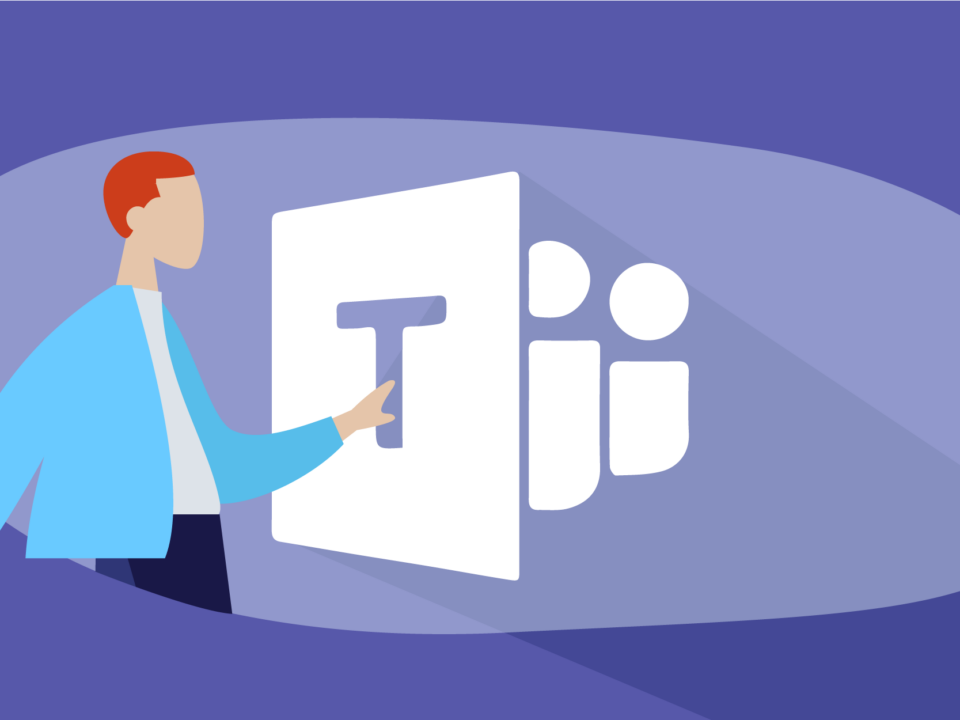
Artificial Intelligence and Machine Learning – Tomorrow’s technology today
22 September 2022
Making a smooth transition to VoIP – Why now’s the time to switch to hosted VoIP
7 October 2022In our previous article, we introduced A.I. and machine learning, looking at their basic definitions. Now let’s look at how these revolutionary technologies could help you become more agile, productive, secure, and resilient during your digital transformation.
In deploying these technologies, there is no one-size-fits-all approach, but let’s look at a few common use scenarios applicable to businesses across a variety of industries.
Recruitment using AI
It can feel like there aren’t enough hours in the day when managing a small or medium-sized business. Recruiting new staff can seem impossible when you are overwhelmed by daily operational pressures.
It is possible to use artificial intelligence in the recruitment process in a variety of ways to reduce the administrative burden and ultimately speed up the whole process. Using machine learning software, for instance, resumes can be pre-screened prior to interviews. Since most job applicants do not meet the qualification criteria for any given role, AI-powered resume screening saves employers a lot of time and helps them find the best and brightest candidates much more efficiently.
Using AI-capable software can also provide detailed insights into your talent pool by harnessing data from applicant tracking systems. Recruitment workflows can also be automated to expedite the process by initiating the next step as soon as a candidate has completed their current task.
In addition to saving time, AI software is also not prone to the same biases as humans, resulting in a fair and just recruitment process.
Data security with AI
As businesses move toward more flexible working practices, their data landscapes are becoming more complex, combining cloud and on-premise services with a proliferation of endpoint devices. Consequently, cyber criminals have ample opportunities to exploit a variety of vulnerabilities, making it difficult to manually protect against cyber threats.
Machine learning and artificial intelligence are now vital cyber defence tools, allowing us to scan vast amounts of data rapidly and detect irregular behaviour before a cyberattack occurs. Using data from previous incidents, these tools are able to predict and respond more effectively to tomorrow’s threats.
Consider the threat that Bots pose to the security of your data. Designed to mimic human internet usage, bots can be hard to distinguish from human users, and it can also be hard to distinguish between good bots and bad bots. With AI-powered software, it is possible to map out a typical user’s behaviour by analysing huge amounts of data to come up with a picture of what the average user does. By contrasting this with real-time activity, bots can be identified and taken down before they cause havoc.
Business intelligence with AI
In order to make informed, insight-driven business decisions, business leaders and managers must harness the value of business data. It is, however, time-consuming and arduous to analyse raw data manually.
Artificial intelligence enables large-scale, real-time analysis of vast quantities of business data across multiple data stacks. Using this data, meaningful visualisations are created that can assist decision makers. A human operator is unlikely to spot trends and correlations hidden in data, unless deep forensic analysis is conducted, unless AI is employed.
AI-powered insights can be extremely valuable for commercial purposes. A sales team could, for example, use AI to spot trends in consumer behaviour. In addition to identifying wasteful resources, senior managers could use the business insights to find opportunities for cost savings.
Financial and accounting AI
Finance is perhaps the best candidate for implementing AI and process automation technologies given the amount of data it manages and the repetitive nature of the processes it performs.
Using AI-powered invoice-generating software, for example, can almost eliminate the time-consuming task of creating invoices. Machine learning algorithms combined with optical character recognition technology enable the AI-powered software to accurately input invoice data in a fraction of the time it would take a human operator. As a result of machine learning, the technology also improves speed and accuracy over time, with performance improvements occurring every time the task is carried out.
Conclusion
Although the examples we’ve outlined above have the potential to transform workplace productivity, we’ve barely scratched the surface of what these new technologies can do. AI is having, and will continue to have, a profound impact on how we run our organisations, from finance to HR, and from the C-suite to frontline employees. It’s never been a better time to introduce these compelling technologies to your company since they offer game-changing insights and previously unthinkable productivity gains.
If you’re looking to transform your business with technology, CloudHost can help. Get in contact today to find out more.
Bringing better IT to SMEs across the UK
CloudHost Limited was created with the mission to bring better IT support to small and midsize businesses across the UK. Backed by world-class technology, as well as a dedicated and knowledgeable support team, we allow organisations to build, deploy and maintain a feature rich IT environment. Contact us today to learn more.




